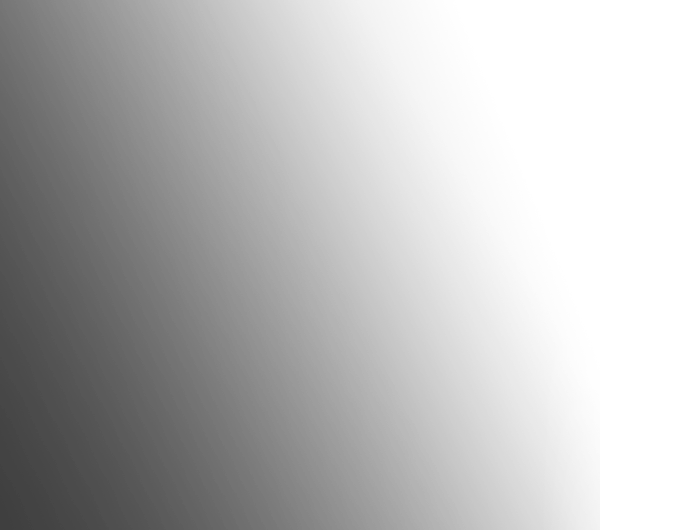
Education and Knowledge Transfer
Top-level Education – for Health
Young scientists find excellent conditions on Campus Berlin-Buch. Already early on, the campus provided impulses for school education: The Life Science Learning Lab, one of the first laboratories for school students in Germany, was established here In 1999. Today, the spectrum ranges from early childhood education and teacher training to professional development and advanced qualification programs.
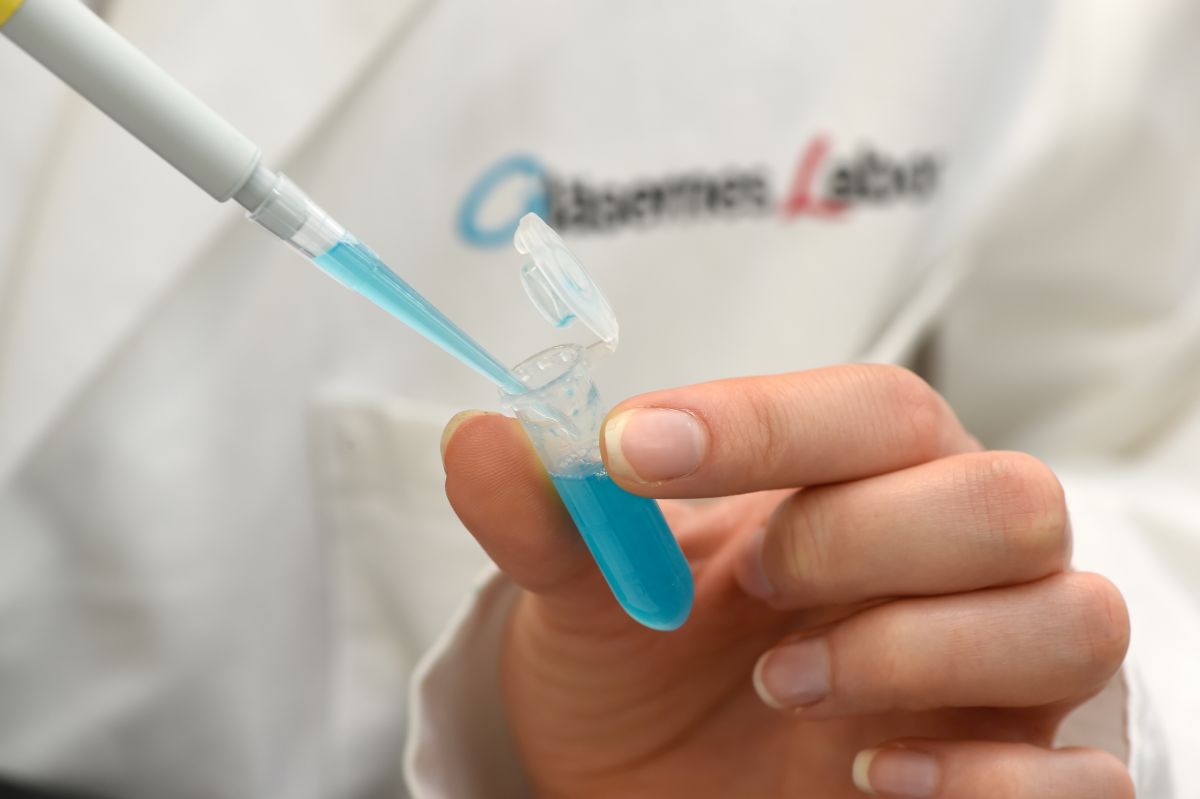
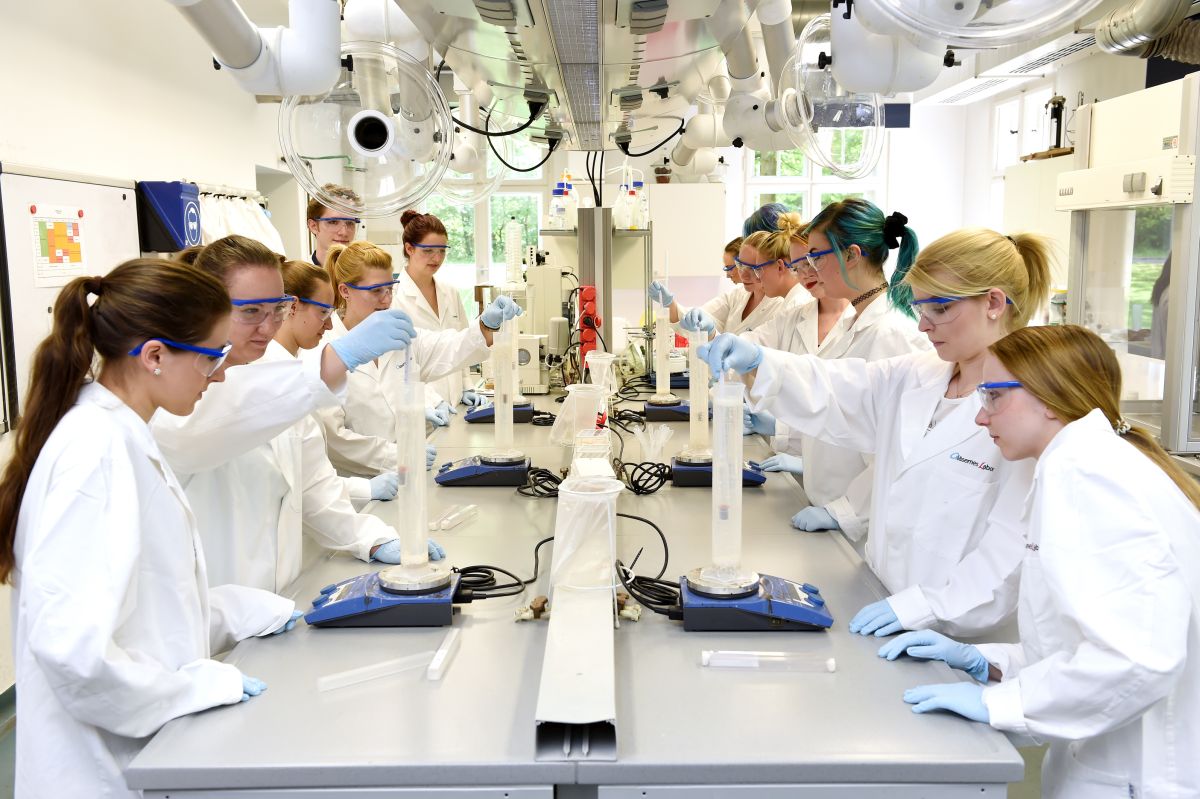
Education and Knowledge Transfer
Knowledge creation and transfer, the promotion of young talent in science, training and further education for specialists, and conveying to the general public what research is being done on campus – all this is part of our mission of sustainability.
The Max Delbrück Center and the Leibniz-Forschungsinstitut für Molekulare Pharmakologie offer young scientists excellent conditions for doctoral studies, research projects and internships. Numerous trainees also benefit from the international environment of the research institutes.
With the Life Science Learning Lab, Buch not only has a special extracurricular venue for learning. Together with partners such as the TÜV Rheinland Academy and the German Pharmaceutical Industry Association, the Berlin BioScience Academy provides in-service training for laboratory staff, scientists and entrepreneurs. The Researcher Holidays combine an exciting experimentation program on campus with play activities and sports. Kindergarten and primary school children enjoy learning in the research garden: here, even four-year-olds can discover natural phenomena through experimentation.
With the innovative training series "Lab Meets Teachers", the Max Delbrück Center invites science teachers to experiment in the laboratories. New specialist knowledge, technological developments and facts from current research are conveyed as interactively as possible.
Traditionally, the Campus Berlin-Buch is a major attraction at the Long Night of the Sciences, when researchers give insights into their laboratories and research.
Since 2021, the Buch Campus has been one of three locations in Berlin for the nationwide "Jugend forscht" competition for young researchers at regional level. The Max Delbrück Center, the Leibniz Research Institute for Molecular Pharmacology (FMP), Campus Berlin-Buch GmbH and the associated Experimental and Clinical Research Center (ECRC) of the Charité - Universitätsmedizin Berlin host the competition as sponsors.
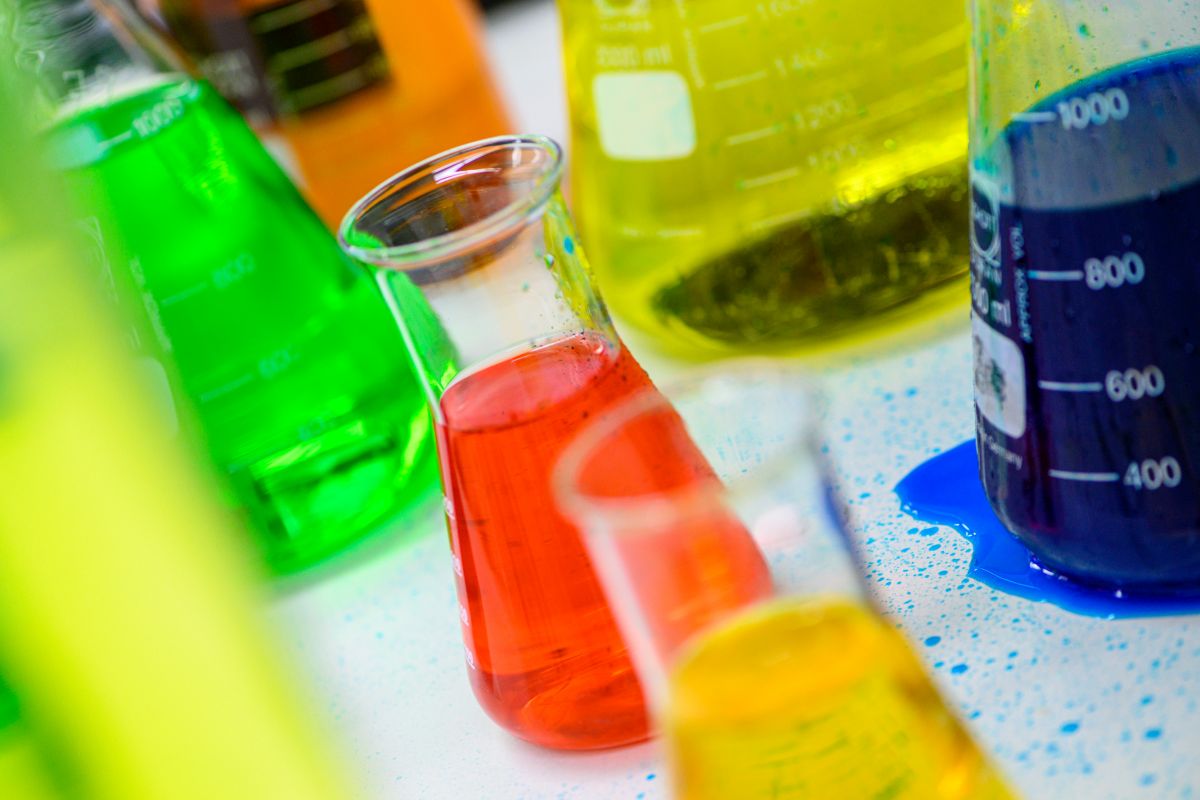
Life Science Learning Lab
As an extracurricular venue for learning, the Life Science Learning Lab offers more than 20 experimental courses on the topics of molecular biology, cell biology, neurobiology, chemistry, radioactivity and ecology for secondary school students. Today, up to 12,000 students attend the courses every year.
In project weeks and summer academies, pupils can gain insights into the natural sciences at the research campus beyond the everyday school routine.
The Life Science Learning Lab is the joint student laboratory of the Max Delbrück Center for Molecular Medicine in the Helmholtz Association (Max Delbrück Center), the Leibniz-Forschungsinstitut für Molekulare Pharmakologie (FMP) and Campus Berlin-Buch GmbH. It is supported by numerous sponsors and supporters, including the campus partner Eckert & Ziegler AG.
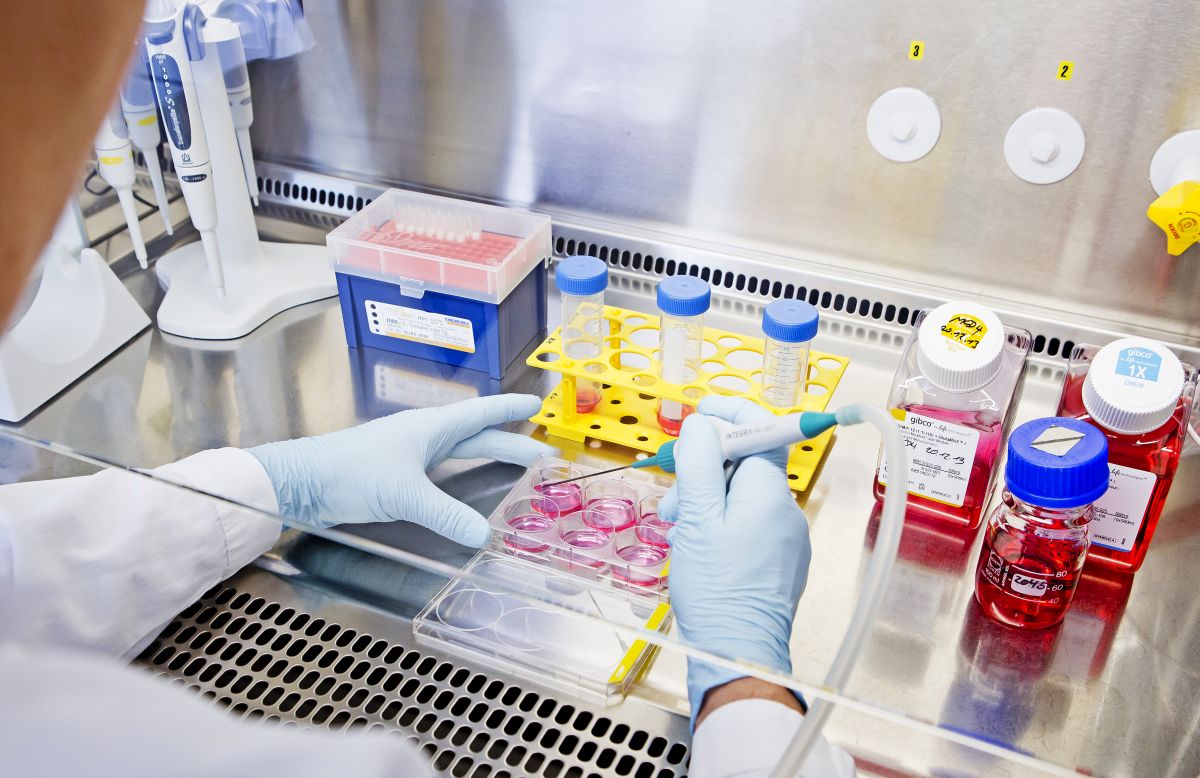
Berlin BioScience Academy
With its innovative biotechnology and medical technology companies, Campus Berlin-Buch focuses on the healthcare industry. Entrepreneurs from the life science sector and basic researchers from the research institutions work together at this location, which offers unique conditions and synergies.
This innovative cooperation is also the hallmark of the further training offered by the Berlin BioScience Academy (BBA). For over 20 years, the GLA has been offering high-quality and practice-oriented continuing education in growth sectors of the life sciences. Our lecturers come from the research institutions on Campus Berlin-Buch such as the Max Delbrück Center, the Leibniz-Forschungsinstitut für Molekulare Pharmakologie (FMP) as well as from industry and the economy. The courses are constantly updated and expanded and provide you with current knowledge and new trends in the life science sector in theory and practice. To ensure that the courses can be optimally integrated into your everyday work, the continuing education program has a modular structure.
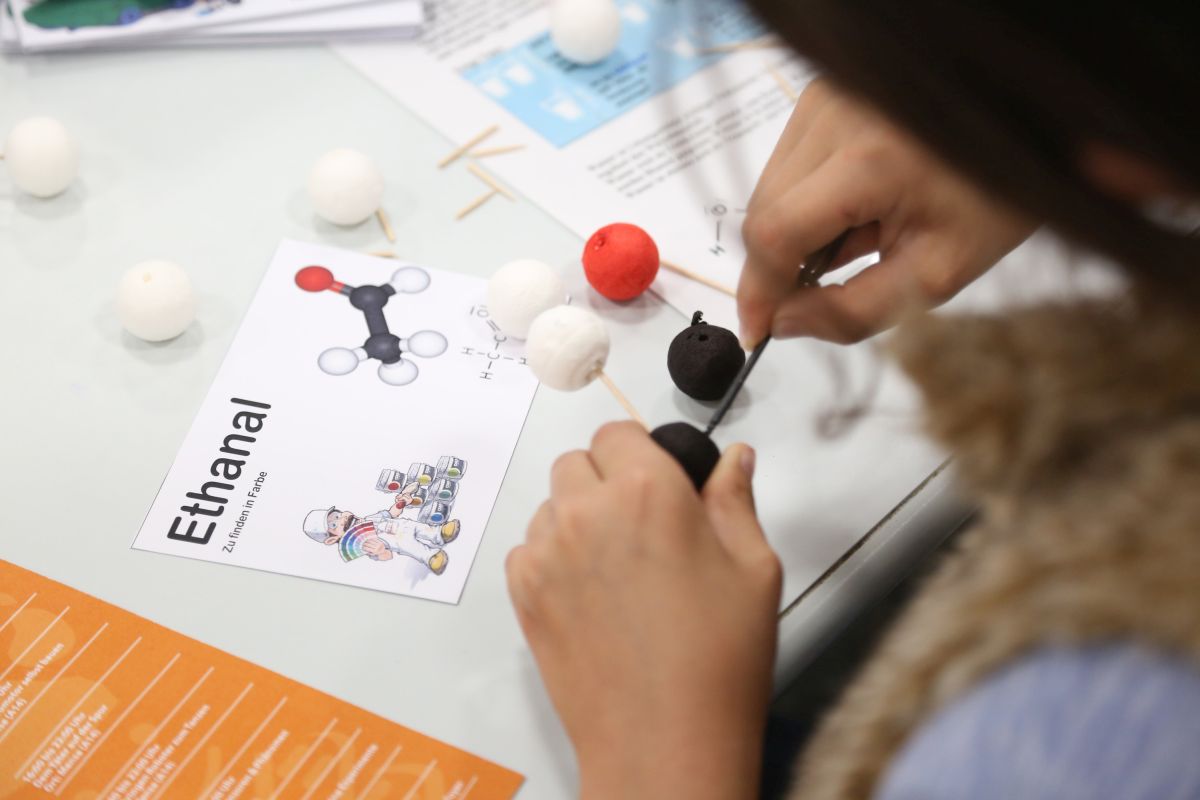
Researcher Holidays
During the Berlin school holidays, children can experiment on various scientific topics in the school labs under expert guidance. The Researcher Holidays offer full-day courses on biological, chemical, physical and technical topics that are appropriate for the age group.
Children aged 6 to 12 are supervised by scientists as group leaders throughout the day. In the morning course, experiments are usually carried out in the laboratory. After a lunch break, there are craft and play activities on the same topic. www.forscherferien-berlin.de
Contacts:
Dr. Bärbel Görhardt (Student Lab & Researcher Holidays)
Phone 030 / 9489 2923
email: b.goerhardt@campusberlinbuch.de
Dr. Uwe Lohmeier (Academy of the Life Science Learning Lab)
Phone 030 / 9489 2935
email: u.lohmeier@campusberlinbuch.de
Andrea Florez Jurado (Lab Meets Teachers)
Phone: 030 / 9406 2512
email: labortrifftlehrerin@mdc-berlin.de
Events
all events18.03.2026, 08:30-
19.03.2026, 15:00
vocatium Berlin focus 2026: Fachmesse für Ausbildung+Studium
20.03.2026, 08:45-
20.03.2026, 14:00
Einladung: UniStem Day für Berliner Schülerinnen und Schüler aus Biokursen
16.04.2026, 09:00-
18.04.2026, 23:00
Gläsernes Labor - Unsichtbare Welten: Mikroplastik in Mensch und Natur